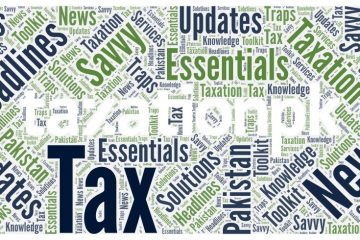The Federal Board of Revenue (FBR) has taken a bold step in tackling tax evasion by mandating real-time data sharing from 145 organizations. This move aims to improve transparency and document economic activities across various sectors, ultimately boosting tax collection and ensuring fair taxation for all.
Key Points:
- SRO 1771(I)/2023: This notification introduces amendments to the Income Tax Rules 2002, requiring 145 organizations to integrate with FBR’s “Real-time Accessed Data Analysis Repository (RADAR)”.
- Targeted Organizations: The list includes major players like State Bank of Pakistan, commercial banks, stock exchanges, investment banks, NBFCs, microfinance banks, revenue authorities, builders’ associations, and housing authorities.
- What’s Required: These organizations must provide real-time access to information and databases related to economic transactions, including transfers of assets, goods, and services.
- Benefits: This initiative is expected to:
- Enhance transparency in economic activities.
- Identify potential tax evasion and avoidance.
- Improve tax assessment and collection efficiency.
- Ensure fairer taxation for all citizens and businesses.
- Compliance and Consequences:
- Non-compliance can lead to penalties and prosecutions for responsible officers.
- FBR will conduct regular inspections to ensure adherence to the rules.
Impact:
This initiative marks a significant step towards a more transparent and efficient tax system in Pakistan. By leveraging real-time data, FBR aims to create a level playing field and ensure everyone contributes their fair share. While concerns about privacy and data security might arise, the potential benefits for the economy and overall tax fairness are undeniable.
Remember:
- This initiative is still in its early stages.
- Its effectiveness will depend on successful implementation and enforcement.
- Transparency and communication with stakeholders are crucial for building trust and ensuring a smooth transition.
By staying informed and understanding the potential impact, individuals and businesses can navigate this evolving tax landscape effectively.






